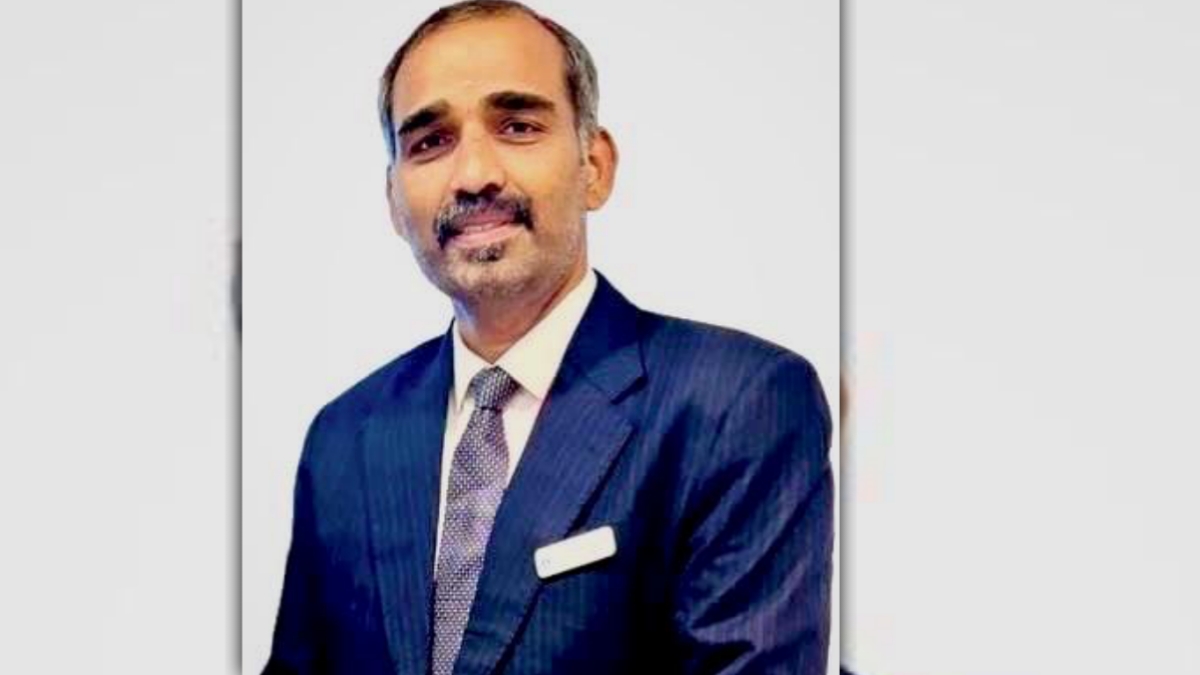Sleep apnea, often associated with loud snoring and excessive daytime sleepiness, is a common sleep disorder affecting millions of people worldwide.
While it is typically considered a “male issue,” growing evidence suggests that sleep apnea is equally concerning for women. However, the symptoms in women can be less obvious, leading to underdiagnosis and, in many cases, delayed treatment.
In this regard, Dr Jayakumar Rajagopal, Senior Consultant in Respiratory Medicine, PSG Hospitals and World Sleep Society Certified Sleep Specialist explains about Sleep apnea in this article.
What is Sleep Apnea?
Jayakumar Rajagopal explained that sleep apnea occurs when a person’s breathing repeatedly stops and starts during sleep.
“The most common form, Obstructive Sleep Apnea (OSA), happens when the muscles in the throat relax too much, blocking the airway. These pauses in breathing can last for 10 seconds or longer and may occur dozens of times per hour.
As a result, sleep becomes fragmented and the body is deprived of oxygen, leading to serious health risks,” Jayakumar Rajagopal mentioned.
Sleep Apnea Symptoms in Women
The doctor replied, that the hallmark symptoms of sleep apnea in men include loud snoring and noticeable pauses in breathing, the symptoms in women can be more subtle. Women may experience:
Fatigue and Insomnia: Women with sleep apnea often report feeling exhausted during the day, but they are more likely to experience insomnia than men.
Morning Headaches: Waking up with a headache is a common sign of disrupted sleep due to oxygen deprivation.
Mood Changes: Depression, anxiety, and irritability can result from poor-quality sleep.
Restless Sleep: Women may experience frequent awakenings without realizing they are caused by breathing difficulties.
Unrefreshing Sleep: Despite sleeping for a full night, women with sleep apnea often wake up feeling unrefreshed and tired.




